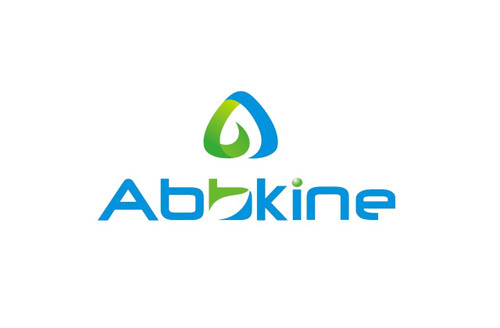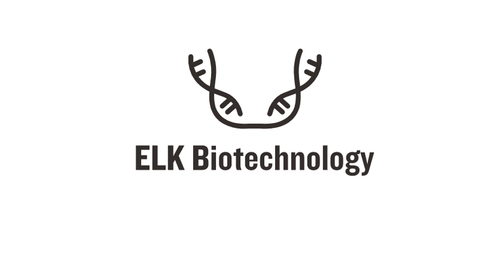Product Description
Human Proprotein convertase subtilisin/kexin type 9 (PCSK9) ELISA Kit | AE28343HU | Abebio
Species Reactivity: Human (Homo sapiens)
Abbreviation: PCSK9
Alternative Name: FH3; HCHOLA3; LDLCQ1; NARC-1; NARC1; convertase subtilisin/kexin type 9 preproprotein|neural apoptosis regulated convertase 1
Application: ELISA
Range: 0.312-20 ng/mL
Sensitivity: 0.114 ng/mL
Intra-Assay: ≤5.3%
Inter-Assay: ≤9.1%
Recovery: 0, 95
Sample Type: Serum, Plasma, Other biological fluids
Detection Method: Sandwich
Analysis Method : Quantitive
Test Principale: This assay employs a two-site sandwich ELISA to quantitate PCSK9 in samples. An antibody specific for PCSK9 has been pre-coated onto a microplate. Standards and samples are pipetted into the wells and anyPCSK9 present is bound by the immobilized antibody. After removing any unbound substances, a biotin-conjugated antibody specific for PCSK9 is added to the wells. After washing, Streptavidin conjugated Horseradish Peroxidase (HRP) is added to the wells. Following a wash to remove any unbound avidin-enzyme reagent, a substrate solution is added to the wells and color develops in proportion to the amount of PCSK9 bound in the initial step. The color development is stopped and the intensity of the color is measured.
Product Overview: PCSK9 belonging to the proteinase K subfamily of the secretory subtilase family. The encoded protein is synthesized as a soluble zymogen that undergoes autocatalytic intramolecular processing in the endoplasmic reticulum. The protein may function as a proprotein convertase. This protein plays a major regulatory role in cholesterol homeostasis. PCSK9 binds to the epidermal growth factor-like repeat A (EGF-A) domain of the low-density lipoprotein receptor (LDLR), inducing LDLR degradation. Reduced LDLR levels result in decreased metabolism of low-density lipoproteins, which could lead to hypercholesterolemia. Inhibition of PSCK9 function is currently being explored as a means of lowering cholesterol levels. PCSK9 may also have a role in the differentiation of cortical neurons.
Stability: The stability of ELISA kit is determined by the loss rate of activity. The loss rate of this kit is less than 5% within the expiration date under appropriate storage condition. The loss rate was determined by accelerated thermal degradation test. Keep the kit at 37°C for 4 and 7 days, and compare O.D.values of the kit kept at 37°C with that of at recommended temperature. (referring from China Biological Products Standard, which was calculated by the Arrhenius equation. For ELISA kit, 4 days storage at 37°C can be considered as 6 months at 2 - 8°C, which means 7 days at 37°C equaling 12 months at 2 - 8°C) .
 Euro
Euro
 USD
USD
 British Pound
British Pound
 NULL
NULL












